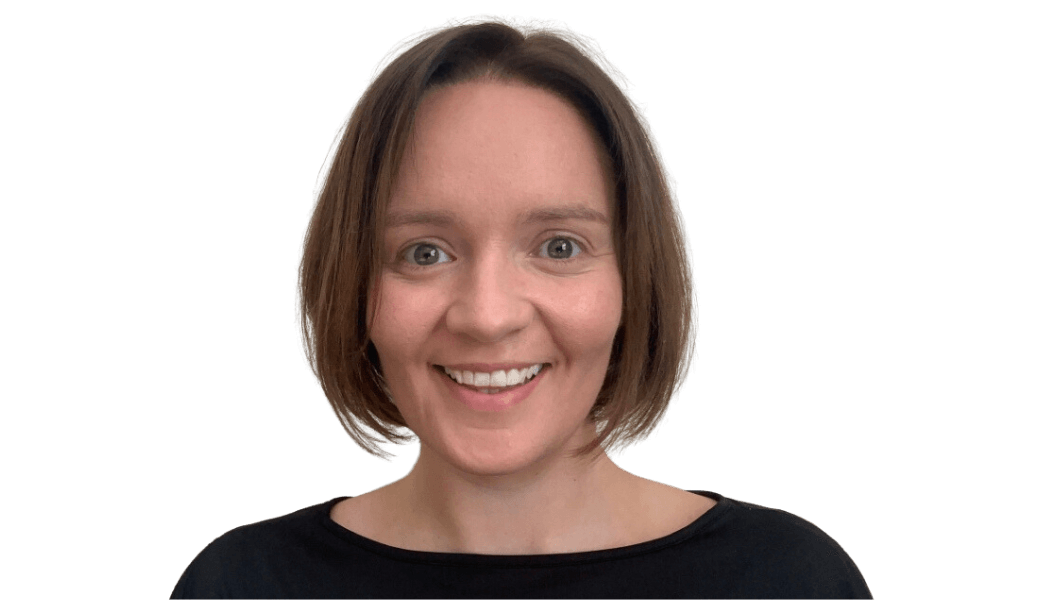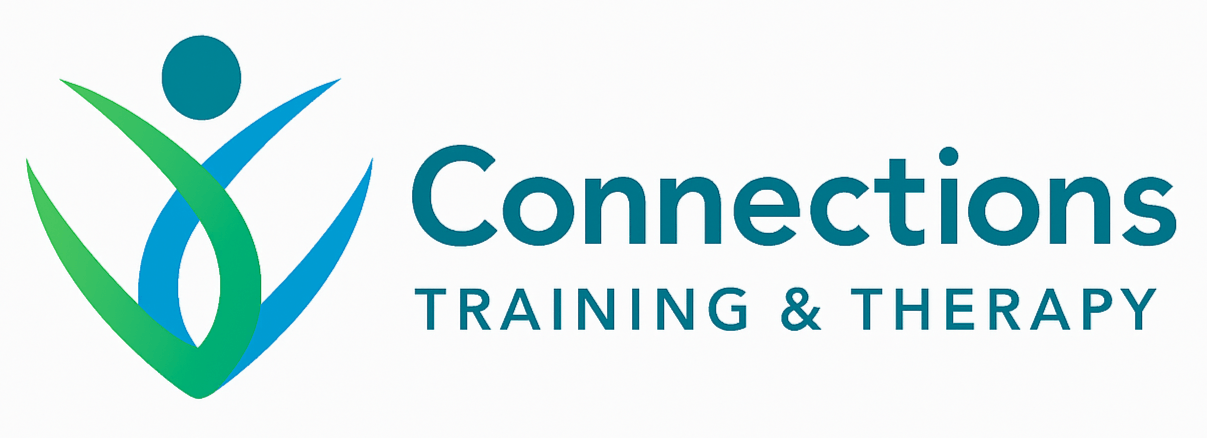The Myth of Complexity: A Different Kind of Story
Have you ever been told your life is "complex"? It's a word that gets thrown around a lot these days, isn't it? As a therapist, I hear it all the time. But lately, I've been thinking about what that word really means, and I've come to a different conclusion than most.
For a long time, "complex" in a medical context meant a person with two or more chronic health conditions where treatments might clash. You know, when a pharmacist has to spend extra time making sure a medication for your heart doesn't react badly with one for your mental health. Now, the term is "multimorbidity," which sounds a bit fancy, and literally quite morbid, but really just means living with multiple long-term conditions that often interact with each other.
But here’s what’s truly interesting to me: the people I work with, who live with conditions like Ehlers-Danlos Syndrome, vestibular disorders, brain injuries, or hearing loss, don't often see their lives as complex at all. To them, this is just... their life. It's their normal. They’ve been navigating it for so long that they’ve become experts at it.
What’s actually complex are the systems and attitudes they have to deal with.

Imagine trying to get help when one professional focuses only on your brain while another only cares about your gut, and a third dismisses your mental health as separate from everything else. This is where the real complexity lies. People hit brick walls. They get medically gaslighted, dismissed, and told their symptoms don't make sense. But to me, their stories make all the sense in the world. Their mind and body are working together, as they always do, and often their symptoms are interconnected. The systems are the problem, not them.
I’ll never forget the time I saw an otoneurologist. I had rejected a diagnosis from another consultant because I knew it did not meet the NICE Guidelines criteria. This new doctor, a Professor of his field, could have easily dismissed me, but he didn't. He took a chance, listened to my unique history, and with confidence, he said he suspected something else entirely. He was right. That one moment of sensitive, holistic care made all the difference. It led to a proper management plan and empowered me to better understand my body. In just two sessions, another from a member of his team, I gained more strategies for living and a greater sense of confidence in myself.
This is what sensitive, person-centered care looks like. It’s about a professional being able to see you as a whole person, not just a list of symptoms. The "complexity" is truly in the eye of the beholder. When a professional looks past the symptoms and listens to the person, they can unlock a path forward that feels empowering and truly makes sense.
It reminds me of the excellent work by The Richmond Group of Charities, who have gathered reports and views from people living with multimorbidity. It's so important that we hear from people who are living these experiences. You can find their work here.
So, what about you? Have you ever felt that your life was labeled "complex" or other similar labels, when it was made unnecessarily so, by professionals, people, system design or the environment around you?

Let us know what you think in the comments!
YOU MIGHT ALSO LIKE

V.G.
About Verity Green
Based in Catterick Garrison, Richmond, Bedale, North Yorkshire and Online. Therapy and training with trauma, long term conditions and disability, adoption, care leavers, managing high conflict environments in the home, recovering from high control, and managing change from intense environments (such as sport, Armed Forces Community).
Updates in your Inbox!

Free Signup
You can Unsubscribe
Information is NOT sold
Approximately once a month
© 2025. All Rights Reserved




